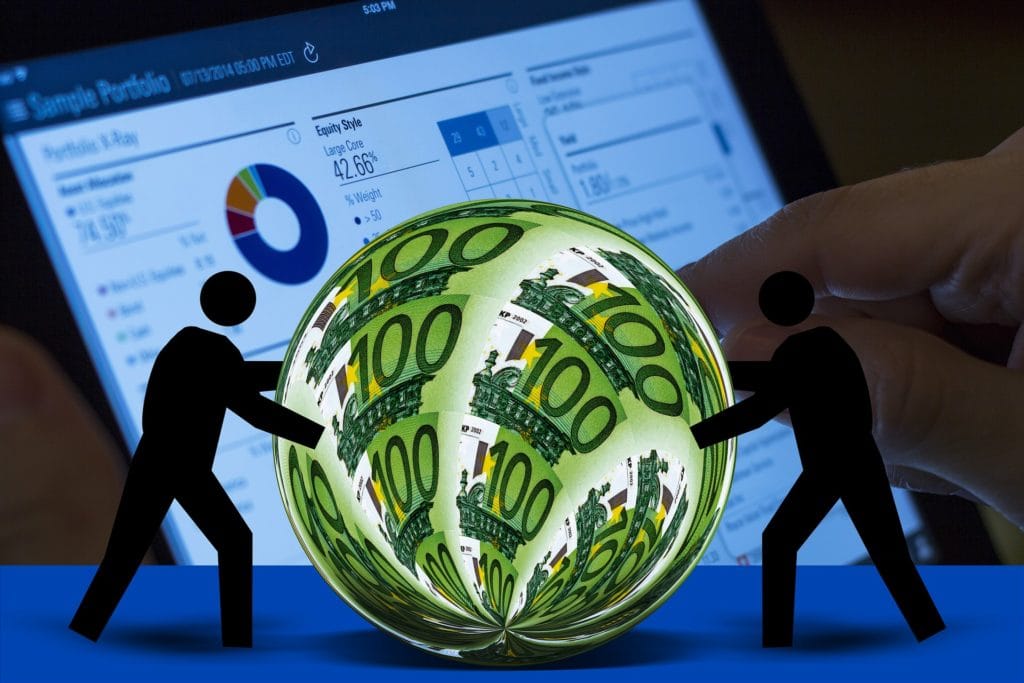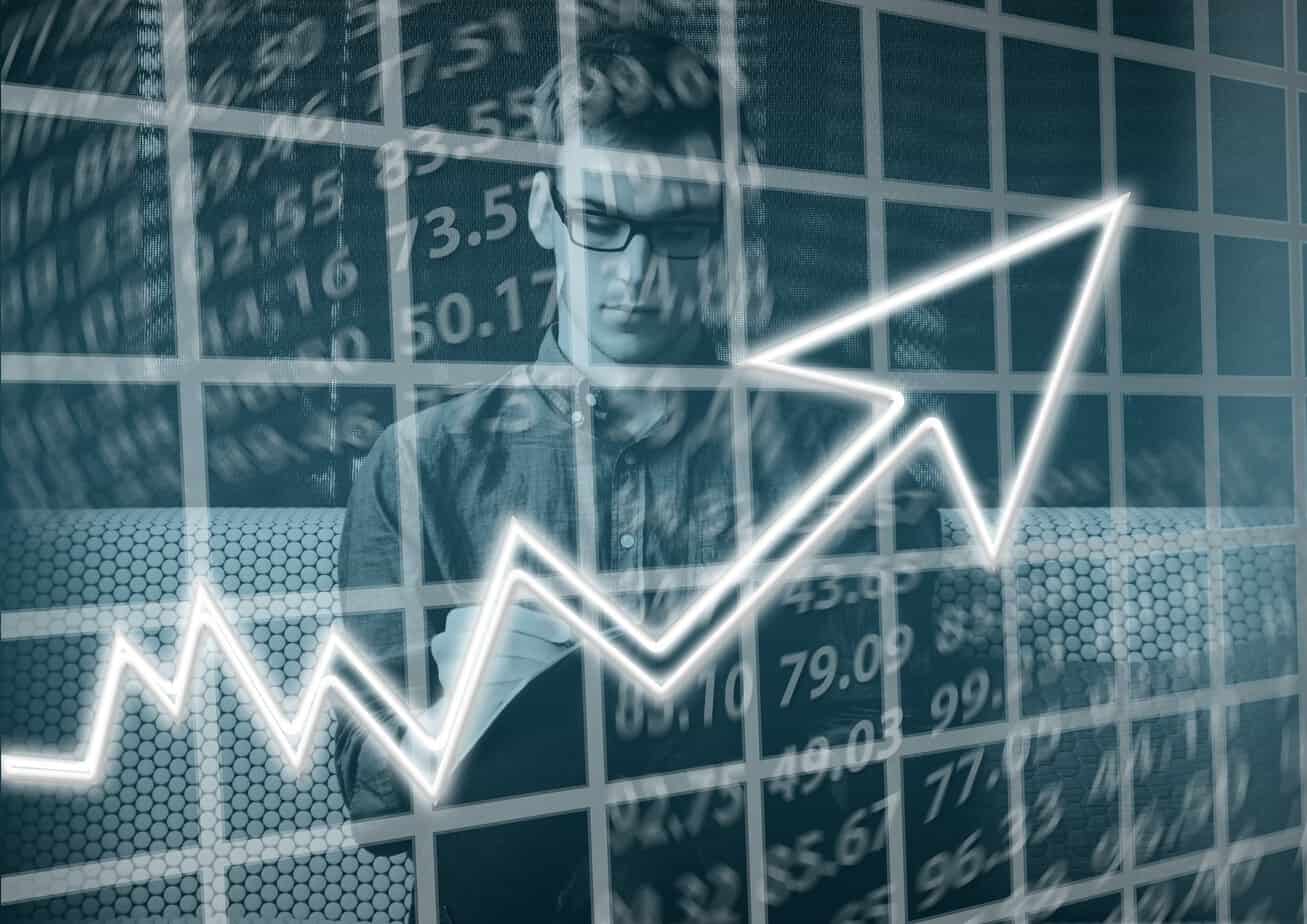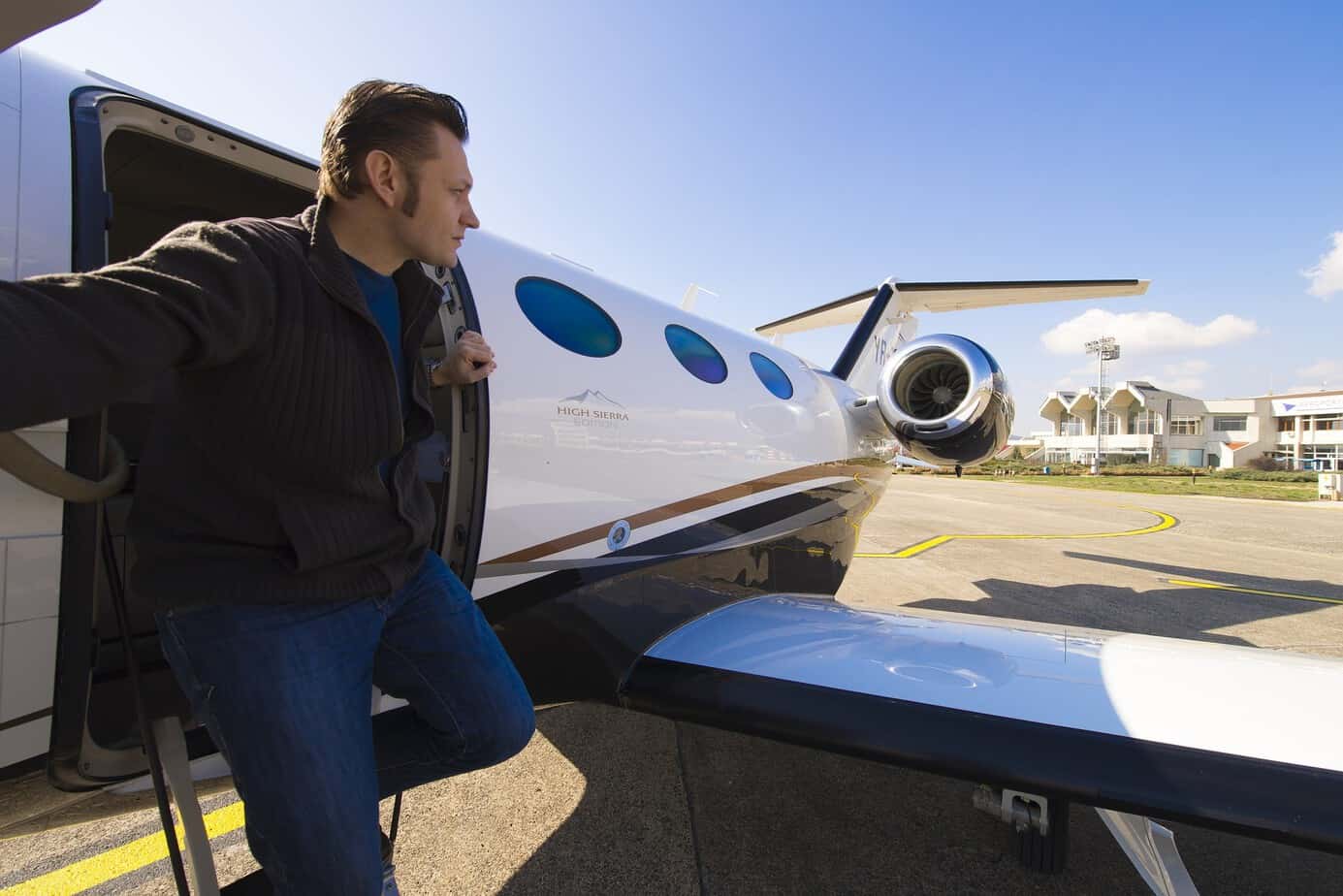If you have ever heard about forex, you might be wondering what exactly it stands for and if you can break into this market. Basically, forex is short for foreign exchange. The foreign exchange market deals with the changing of one country’s currency into another country’s currency. If you have even been abroad for tourism or any other reasons, you have directly participated in this process.
Forex is currently the largest market in the world regarding trading volume, followed by the Credit Market. The big players in this market are large financial institutions, like international banks, but individuals can also participate as independent investors. In fact, many current millionaires and billionaires, like George Soros and Andrew Krieger, gained their fortunes by making intelligent investments in the forex market. If you want to break into this market and don’t know where to start, here is an essential beginner’s guide that will aid you.
Study the Big Forex Markets
Unlike the stock market which has high numbers of players, the forex market is easier to get into because you have to monitor and analyze only eight major economies. In no particular for the forex brokers to handle, these are New Zealand, Canada, United Kingdom, Australia, Japan, United States, Switzerland and the Eurozone, with a particular focus on Germany, Italy and France.
Along with assessing the ins and outs of their economic systems, it is recommended to learn the basics of their political systems, their industries and overall evolution trends. Their governments release daily reports with data that could help you determine which currency is worth your investment.

Learn How to Manage Risk
Risk management is a skill required in all types of business ventures. No matter how well put together your strategy is, all of your investments can fail due to one uninspired trading decision or stretching your finances and assets to their limits.
There are a few methods to properly manage forex risk. Firstly, being aware of the odds and running a technical analysis to determine how likely your venture is to fail or succeed will usually give good results, if applied correctly. Further on, knowing how much liquidity the market has - as in if there are enough buyers and sellers to take your trade – is an essential process.
Finally, leveraging is another valid technique. Basically, using the broker’s or bank’s money instead of your own will give you an edge over other traders and allow you to control large amounts of money. Leveraging will offers the trader a high degree of financial flexibility. However, be very careful when assessing risks and how you invest, because you can quickly lose all of your money. Before applying any of the things mentioned above, make sure to consult guides that explain forex trade for beginners.
One of the biggest forex traders that used leveraging to his advantage is Bruce Kovner. Born in Brooklyn, he broke into the market at the age of 32. After borrowing against his personal credit card, he made about $20.000 in profit. Later, in 1982, he founded Caxton Alternative Management, a company which became one of the world’s leading hedge funds, with assets evaluated at over 14 billion dollars.
Familiarize Yourself with the Pros and Cons of Forex
The fact that forex is a decentralized market comes with a lot of unique perks that you will not find in other places, like the stock market. Here are a few pros and cons that you should be aware of before deciding to invest.
First of all, the forex market never lacks liquidity, which allows the traders and brokers to handle and move large amounts of money. This means leveraging is much easier to do than in other markets. Obviously, like it was mentioned above, by leveraging you are borrowing money hoping your investments will turn a profit, so it must be done with caution.
Secondly, forex markets trade around the clock, 24 hours a day. It always starts in Australia and ends in New York. Along with New York, pay close attention to the other big centers of trading, especially Singapore, Tokyo, Frankfurt, Paris, Hong Kong and London.
Finally, forex trading is built around macroeconomics. This is a big advantage because as a trader, you are encouraged to focus on a bigger picture economically wise and not on microeconomic activities, which drive stock evolution and exchanges. Accordingly, with this in mind, if you are an aspiring trader, you might find it helpful to use a forex trading app.
In short, currency values are driven by macroeconomic elements, and you can use them to determine how and where to invest. You do not need a college degree in macroeconomics to grasp it fully, but that does not mean you can just go in without doing the proper amounts of research. But generally speaking, having a broad vision of a certain county’s economic path, activity and market tendencies is easier than monitoring stocks and bonds.
Conclusion
The forex market is not a cakewalk, but it is easier to break into than other business domains. Making it requires a keen knowledge of how currencies evolve, risk management and a certain degree of business savviness. If you want to get into the forex market and don’t know where to start, follow the tips presented in this guide and you will fully grasp the basics in no time.








